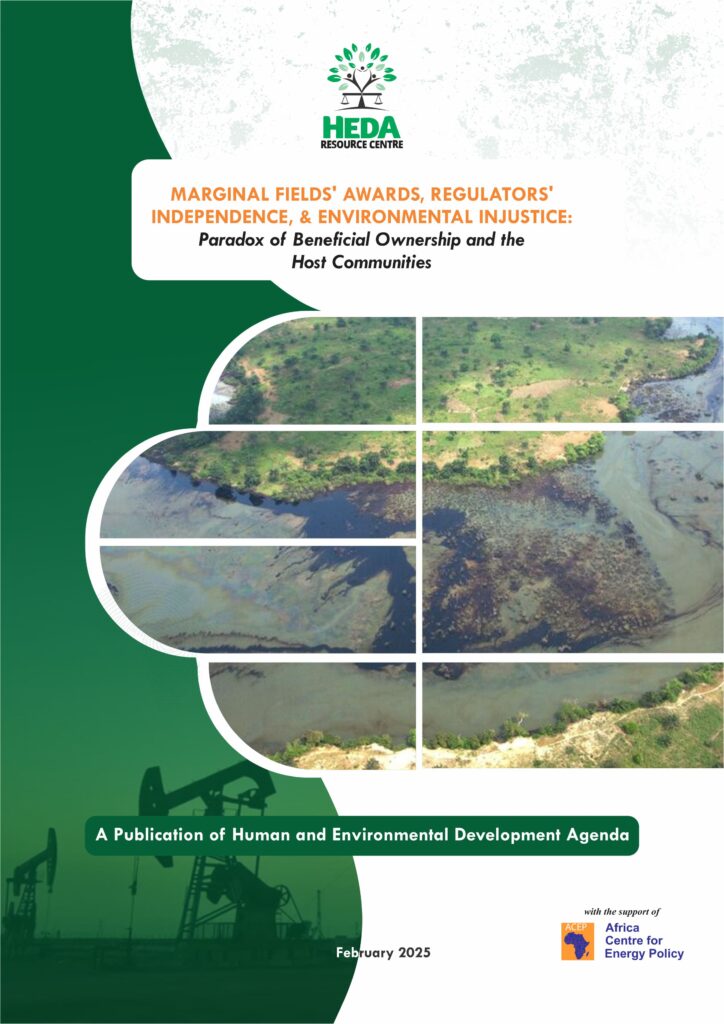In a bid to mitigate the severe impacts of floods on smallholder farmers and local communities in Nigeria, HEDA Resource Centre has urged the Federal Government to prioritize early warning systems and farmer education. This appeal was made during a high-level advocacy dialogue in Abuja, which focused on proactive climate action.
The event, titled “Protecting Smallholder Farmers and Vulnerable Communities from Climate-Related Shocks,” featured the launch of two pivotal reports on flood impacts and access to climate information. Organized with support from OXFAM under the African Activists for Climate Justice (AACJ) Project, the dialogue underscored the need for equipping vulnerable communities with the tools and knowledge necessary to respond effectively to climate-induced disasters.
Sulaimon Arigbabu, Executive Secretary of HEDA Resource Centre, highlighted that early warning systems (EWS) are crucial for mitigating climate change risks. “Timely and actionable information enables farmers and communities to prepare, adapt, and protect their livelihoods from floods and droughts,” Arigbabu stated. He emphasized that despite Nigeria’s substantial infrastructure for EWS, a lack of political will remains a significant barrier. “We have the information, the agencies, and the technology; what’s missing is the commitment to ensure that this information reaches those at risk in time,” he explained.
Moses Ogbaji, Benue State’s Commissioner for Agriculture, echoed the call for climate-resilient farming practices. He shared Benue State’s success with smart agriculture, using early-maturing, drought-resistant crops to mitigate the risks of erratic weather patterns. “Benue is leading by example, demonstrating how smart agriculture can ensure food security and resilience,” Ogbaji said, encouraging other states to adopt similar practices.
Stakeholders agreed on the urgent need for early warnings and proactive measures to be central to Nigeria’s climate resilience strategy. They advocated for the adoption of smart agricultural practices, community-based early warning systems, and enhanced preparedness to protect farmers and secure food resources.
HEDA Resource Centre remains dedicated to advocating for these changes, ensuring that vulnerable communities are equipped to thrive amidst climate challenges.



